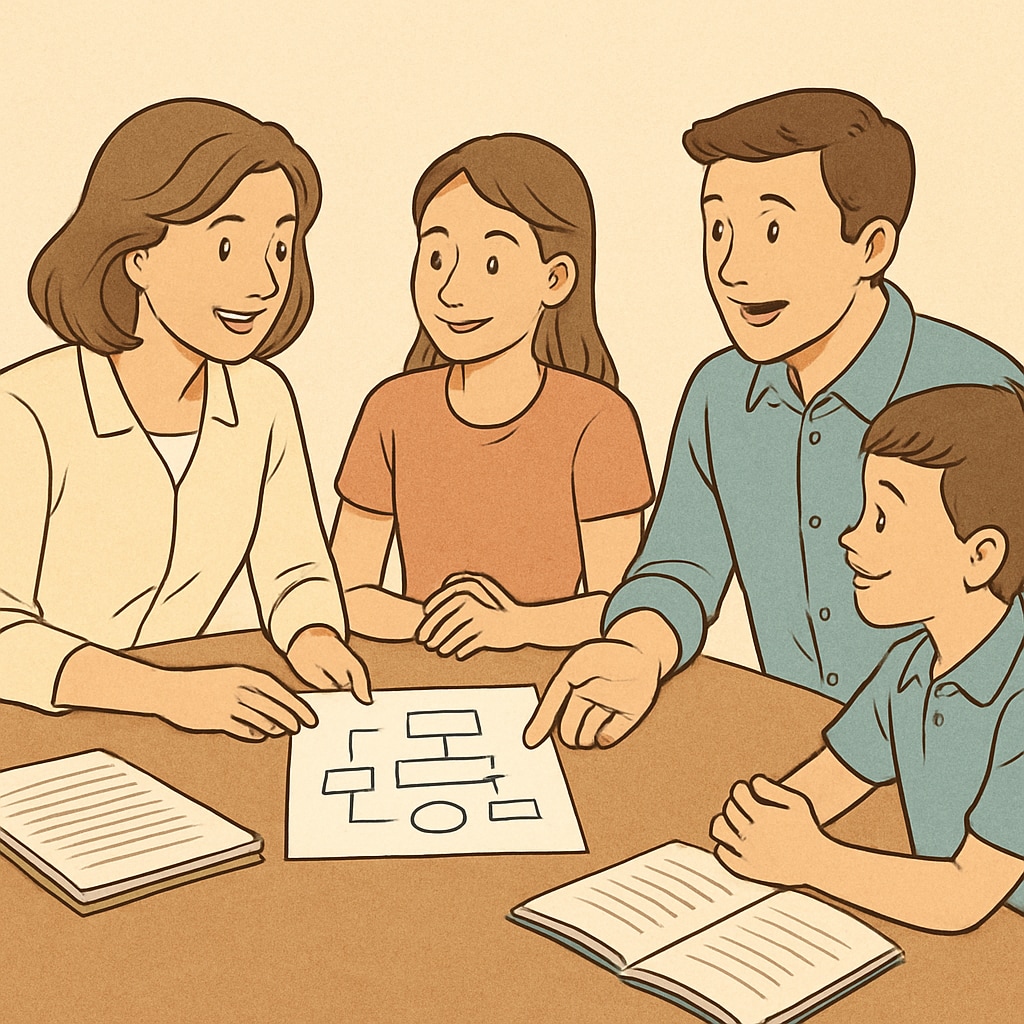Many teens today face academic difficulties, unhealthy habits, and a lack of learning motivation, leaving parents and educators searching for effective ways to support them. These challenges, often tied to family dynamics and adolescent development, can feel overwhelming for all involved. However, with the right understanding and strategies, it is possible to help teens regain their footing and rediscover their potential.
Understanding the Root Causes of Struggles
The first step to helping a struggling teen is understanding the underlying reasons behind their lack of motivation and unhealthy routines. Adolescence is a time of significant physical, emotional, and social changes. These changes can lead to feelings of stress, identity confusion, and disconnection from academic and personal goals.
For example, external pressures such as academic expectations, peer relationships, or family conflicts might leave teens feeling overwhelmed. Additionally, internal factors like low self-esteem, undiagnosed learning difficulties, or mental health challenges can hinder their ability to thrive. Identifying these root causes requires open communication and observation.

Building Trust and Connection
Helping teens overcome their struggles begins with building a strong foundation of trust and connection. Teens are more likely to open up and accept guidance when they feel supported and understood. Here are some strategies to strengthen this bond:
- Active Listening: Take time to listen without judgment. Encourage teens to express their concerns and emotions freely.
- Empathy: Acknowledge their feelings and validate their experiences. Avoid dismissing their struggles as trivial or temporary.
- Consistent Support: Show reliability by being consistently present and involved in their lives, whether through regular check-ins or shared activities.
By fostering a positive and safe environment, parents and educators can create the foundation for meaningful change.
Creating Practical Strategies for Growth
Once the underlying issues are identified and trust is established, it’s time to implement strategies to help teens build healthier habits and regain their motivation for learning. Below are some practical approaches:
1. Establish a Structured Routine
Teens often benefit from a clear and consistent daily routine. This structure should include time for studying, physical activity, hobbies, and rest. It’s crucial to involve teens in creating this schedule to ensure they feel a sense of ownership and responsibility.
2. Set Realistic Goals
Encourage teens to set achievable short-term and long-term goals. Breaking larger tasks into smaller, manageable steps can make progress feel attainable and rewarding. Celebrate their achievements, no matter how small, to reinforce positive behavior.
3. Promote Healthy Habits
Unhealthy habits, such as irregular sleep patterns, poor nutrition, and excessive screen time, can exacerbate struggles. Encourage teens to adopt healthier choices by modeling these behaviors yourself. For instance, prioritizing family meals or outdoor activities can set a positive example.
4. Encourage Self-Reflection
Help teens develop self-awareness by encouraging journaling, mindfulness practices, or open conversations about their goals and values. This can empower them to take ownership of their growth and decision-making.
5. Seek Professional Support When Needed
If a teen’s struggles are severe or persistent, don’t hesitate to seek help from professionals. A therapist, counselor, or academic tutor can provide specialized guidance tailored to their needs. For instance, psychotherapy can address underlying mental health concerns, while tutors can provide targeted academic support.

Monitoring Progress and Celebrating Growth
Helping teens overcome their challenges is a gradual process that requires patience and persistence. Regularly monitor their progress and adjust strategies as needed. Celebrate their growth and resilience, no matter how incremental it may seem.
Remember, setbacks are a natural part of the journey. Use these moments as opportunities to reinforce lessons about perseverance and adaptability. Over time, these experiences will help teens build the skills and confidence they need to navigate future challenges.
Ultimately, supporting teens in overcoming academic difficulties, fostering healthy habits, and reigniting their motivation is a collaborative effort that requires empathy, consistency, and creativity. By working together, parents, educators, and teens can create an environment where growth and success become not just possible, but inevitable.
Readability guidance: Use short paragraphs and lists to summarize key points; include at least one list under each H2; maintain a balance of transitional words for smooth reading.


